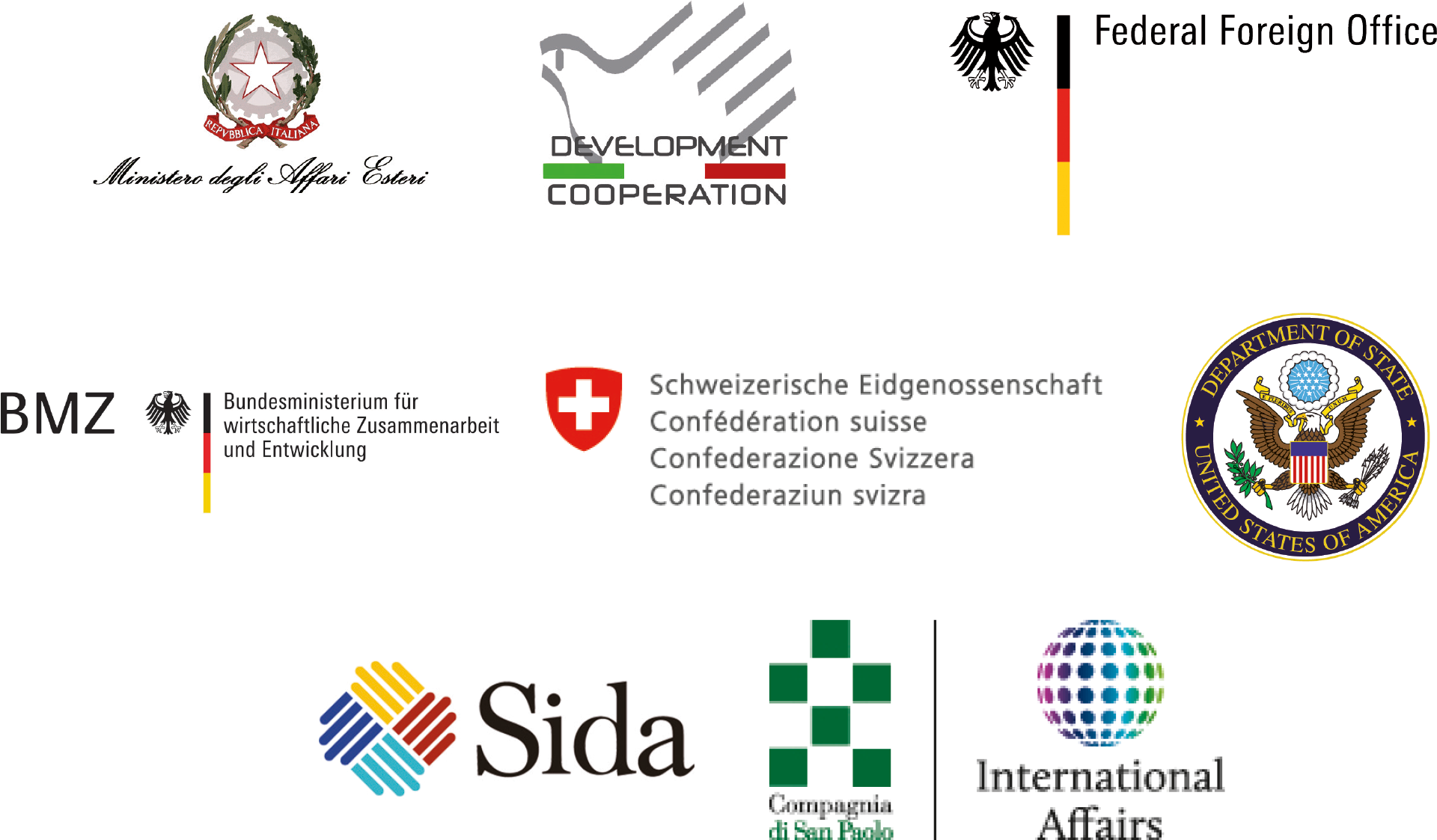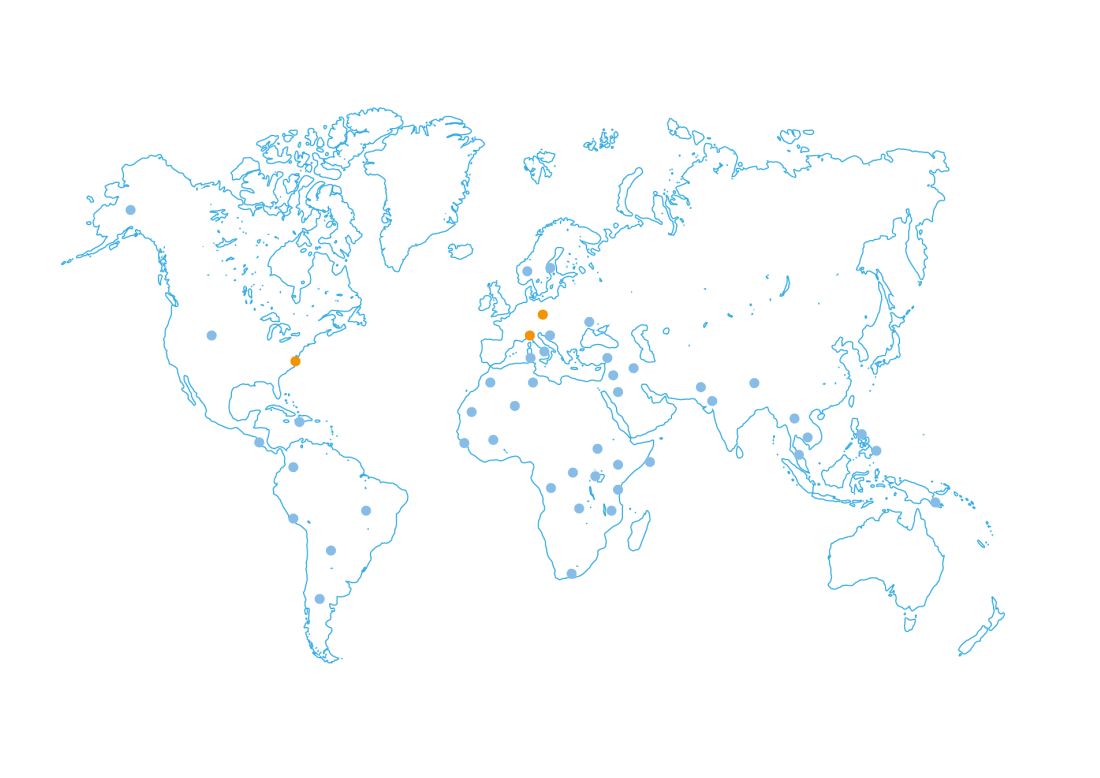
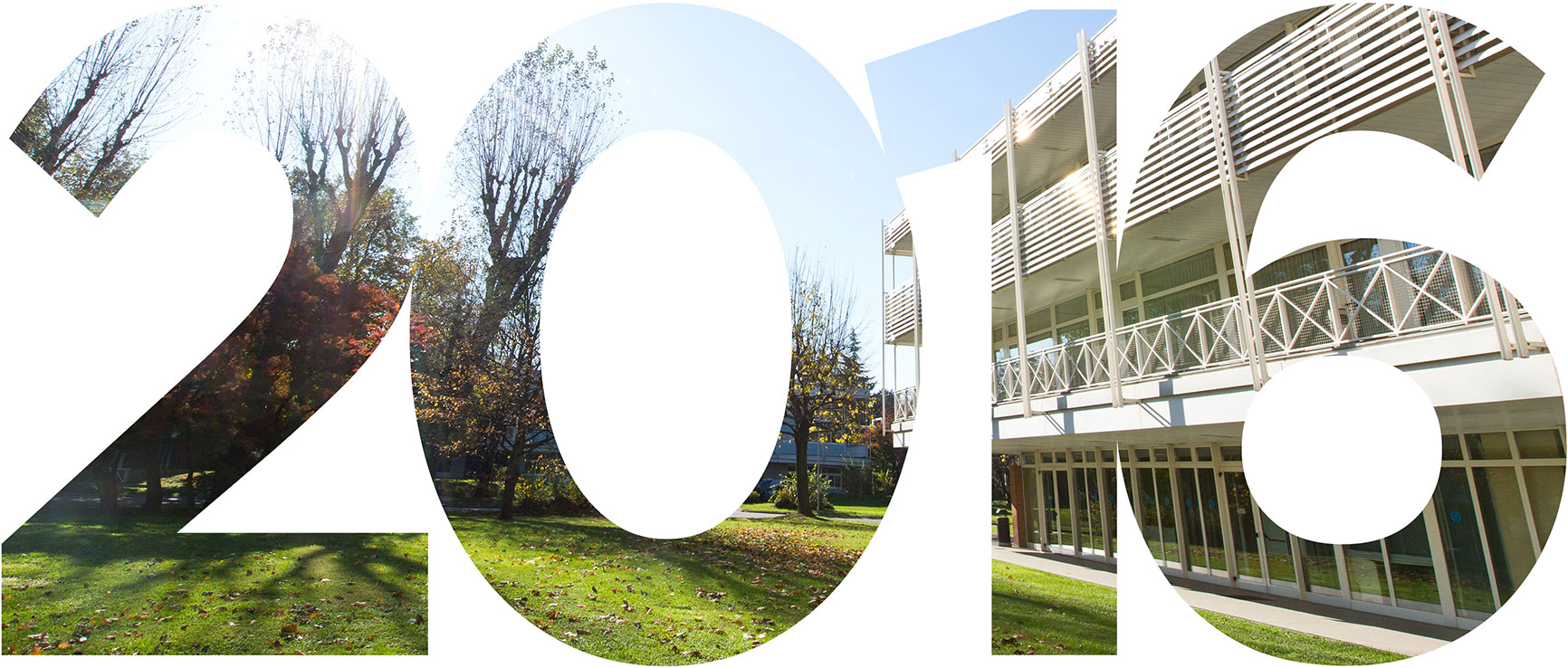
United Nations System Staff College
Annual report
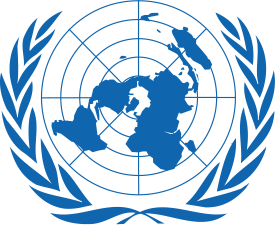
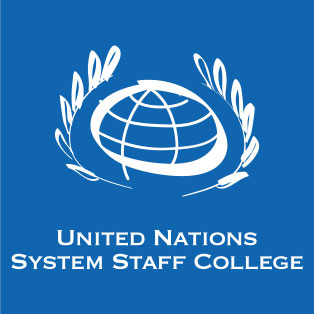
“With their professionalism, expertise and dedication, [staff] are the UN’s most important resource. A resource that has to be cared for, developed, used efficiently, and whose voice needs to be heard.”
- UN Secretary-General, António Guterres
The UNSSC is dedicated to the United Nations’ most precious resource - staff. We are a strategic ally for Member States and UN entities interested in developing capacity-building initiatives that make integrated thinking and change a core objective. In 2016 we continued our commitment to collaborating with our partner agencies - focusing on how learning and training can further result in a more effective, efficient, collaborative and agile workforce throughout the system.
Transformation through knowledge is the way forward
2016 marked another exciting year of growth and innovation worth celebrating for the United Nations System Staff College. We expanded our reach into new geographies, and reached new frontiers for learning and advisory services dedicated to building capacity in support of the 2030 Agenda for Sustainable Development. Our learning initiatives (including residential courses, distance-learning, strategic exchanges and seminars), knowledge products, and advisory services now reach more than 10,000 UN staff and partner representatives worldwide each year.
To remain relevant, effective and impactful the UN system needs to transform by adopting new ways of working. Since the 2030 Agenda is now the overarching framework guiding the work of the entire international community, we believe that disseminating knowledge and expertise by leveraging relevant, engaging and contemporary methods will not only enable the development of capacity within the UN but also support Member States in implementing the transformative 2030 Agenda.
In 2016, we proudly inaugurated our new Knowledge Centre for Sustainable Development in Bonn, Germany. The Centre quickly positioned itself as one of the key learning and training outfits for sustainable development within the UN system. The Centre integrates knowledge across UN agency mandates, fosters inter-agency coherence and strengthens dialogue within and beyond the UN system, while facilitating transformative learning in support of the Sustainable Development Goals (SDGs).
We also continued to build on our unique position as the only UN organization mandated to provide inter-agency learning, training and knowledge sharing, and worked towards boosting our potential to act as a change agent for the entirety of the UN system. Efforts in this respect revolved around our UN Laboratory for Organizational Change and Knowledge (UNLOCK) initiative. UNLOCK provides a comprehensive set of learning interventions and advisory services designed to promote a culture of change and innovation across the UN system.
We worked very hard in 2016 to maximize the power of learning and knowledge as a conduit to boost the ability of the UN and partners to adapt to the new 2030 landscape. We will continue in 2017 and beyond, because transformation through knowledge is the way forward.
Thank you.
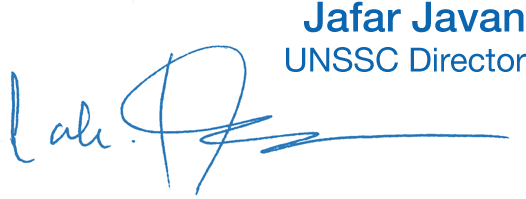
Highlights from the year
Our newly-born knowledge centre for sustainable development
A world class learning space has been established in Bonn, Germany, with the aim of putting the Staff College at the forefront of learning and knowledge for sustainable development. The UNSSC Knowledge Centre fosters inter-agency coherence, and strengthens dialogue and networks within and beyond the UN system. The Centre’s role in inter-agency learning, knowledge sharing, and knowledge management enhances coherence of development interventions and increases operational and conceptual capacity of UN staff as well as representatives from academia, governments, civil society and the private sector. The Knowledge Centre also acts as a second Staff College campus, away from Turin, Italy, and is close to a large number of United Nations staff in Bonn, providing a cost-effective location for the delivery of other regular Staff College courses.
Changing the way the un works
By placing innovation, collaboration, leadership and staff engagement at its core, our UN Lab for Organizational Change and Knowledge (UNLOCK) is working to shift how the UN system learns, thinks and works. The Lab delivered a number of learning interventions designed to connect the entire UN family in advancing organizational change at all levels through advisory services and learning activities.
Our partnerships approach
The College’s partnership approach to learning aligns with the key underpinnings of the 2030 Agenda, which encourage multi-stakeholder engagement and partnerships. Through its collaboration with various institutions, within and beyond the UN system, the College has harnessed the knowledge and expertise of its partners to develop high-quality and novel learning products. Key partners ranged from leading NGOs such as Oxfam, to renowned academic institutes such as Harvard Business School, Lee Kuan Yew School of Public Policy, the University of Cape Town and the London School of Economics; to other relevant actors such as the Consensus Building Institute (CBI), the Data Pop Alliance, and the Simpleshow Foundation.
Connecting the un with prominent experts
The College attracts a diverse faculty of world-renowned speakers, subject- matter experts, as well as current and former United Nations senior officials who inspire UNSSC learners with knowledge and insights. In this way, the College brings innovative thinking, academic rigour, and context relevancy to bear in building staff capacity to address the most critical issues facing the UN. In 2016 they included, Leymah Gbowee, 2011 Nobel Peace Laureate; Frederik Pferdt, Head of Innovation & Creativity, Google Inc.; Jeffrey Sachs, Director of the Earth Institute and the Sustainable Development Solutions Network; South African artist and former Robben island political prisoner, Lionel Davis; and many others.
Distance learning
The year saw a spike in distance learning attendance. The Staff College attracted 1,311 participants and delivered 35 online courses in 2016, compared to 608 participants and 33 courses in 2015. This is in line with our strategy to gradually transform the institution from one that offered only in-classroom training to a learning hub with a growing portfolio of blended courses and events. We believe that distance learning provides concrete opportunities for a considerable segment of UN staff worldwide to expand their knowledge or sharpen their professional skills, who otherwise may have not been able to attend face-to-face courses.
Our
global
outreach
Cuba
| 0 | participants |
| 0 | learning events |
United States
| 0 | participants |
| 0 | learning events |
Panama
| 0 | participants |
| 0 | learning events |
Colombia
| 0 | participants |
| 0 | learning events |
Senegal
| 0 | participants |
| 0 | learning events |
Mali
| 0 | participants |
| 0 | learning events |
Switzerland
| 0 | participants |
| 0 | learning events |
Tunisia
| 0 | participants |
| 0 | learning events |
Italy
| 0 | participants |
| 0 | learning events |
South Africa
| 0 | participants |
| 0 | learning events |
Germany
| 0 | participants |
| 0 | learning events |
Ukraine
| 0 | participants |
| 0 | learning events |
Turkey
| 0 | participants |
| 0 | learning events |
Uganda
| 0 | participants |
| 0 | learning events |
Jordan
| 0 | participants |
| 0 | learning events |
Ethiopia
| 0 | participants |
| 0 | learning events |
Kenya
| 0 | participants |
| 0 | learning events |
Singapore
| 0 | participants |
| 0 | learning events |
Thailand
| 0 | participants |
| 0 | learning events |
Who we served
Total beneficiaries
Direct training
participants
Learners directly trained by the College either through face to face or distance learning activities.
Indirect training
participants
Learners trained by UNSSC certified trainers through the multiplier effect of “training of trainers.”
Users of online tools
Learners actively using tools including Communities of Practice and web-based products developed and/or managed by the UNSSC.
Direct training




Testimonials
“The learning and training provided at the Knowledge Centre deepened my understanding of Sustainable Development Goals (SDGs), their human rights based foundation, universal applicability as well as the holistic approach of the SDGs. With this knowledge, I am better placed to advise and promote the work and activities of our target groups, which are local/state governments, municipal governments and actors, state and non-state actors in the field of development politics and development cooperation.”
“Je viens de recevoir un mail annonçant la fin officielle du cours. J’ai beaucoup appris et j’ai apprécié particulièrement l’opportunité de pouvoir mettre en pratique les concepts qui nous furent repassés. Je tiens à te remercier pour ta disponibilité et bienveillance, démontrant un grand professionnalisme depuis le premier contact. Mes félicitations les plus chaleureuses et que le groupe UNSSC puisse continuer à nous offrir de telles opportunités d’apprentissage. Nous en avons tous très besoin.”
“This was one of the best if not the best course I have attended in my UN career. It was so mind- opening and inspiring. Thank you for the great opportunity to pause, take a step back and reflect! I feel much grateful and inspired!”
“In my ten-year career with UN(DSS), this is the first time I followed an excellent and academic course. Everything was perfect. Excellent coordination between UNSSC and instructors, as well as participants. The course was well tailored and designed and the online course system was perfect. The course content is excellent and goes beyond my aspirations and expectations. I felt the value of having attended a course having this level of excellence. All DSS officers should be nominated to take this course.”
End of course evaluation
| Overall relevance | 0% |
| Quality of facilitation and teaching methodology | 0.0% |
| Overall satisfaction | 0.0% |
| Recommendation rate | 0.00% |
Expenditure by year
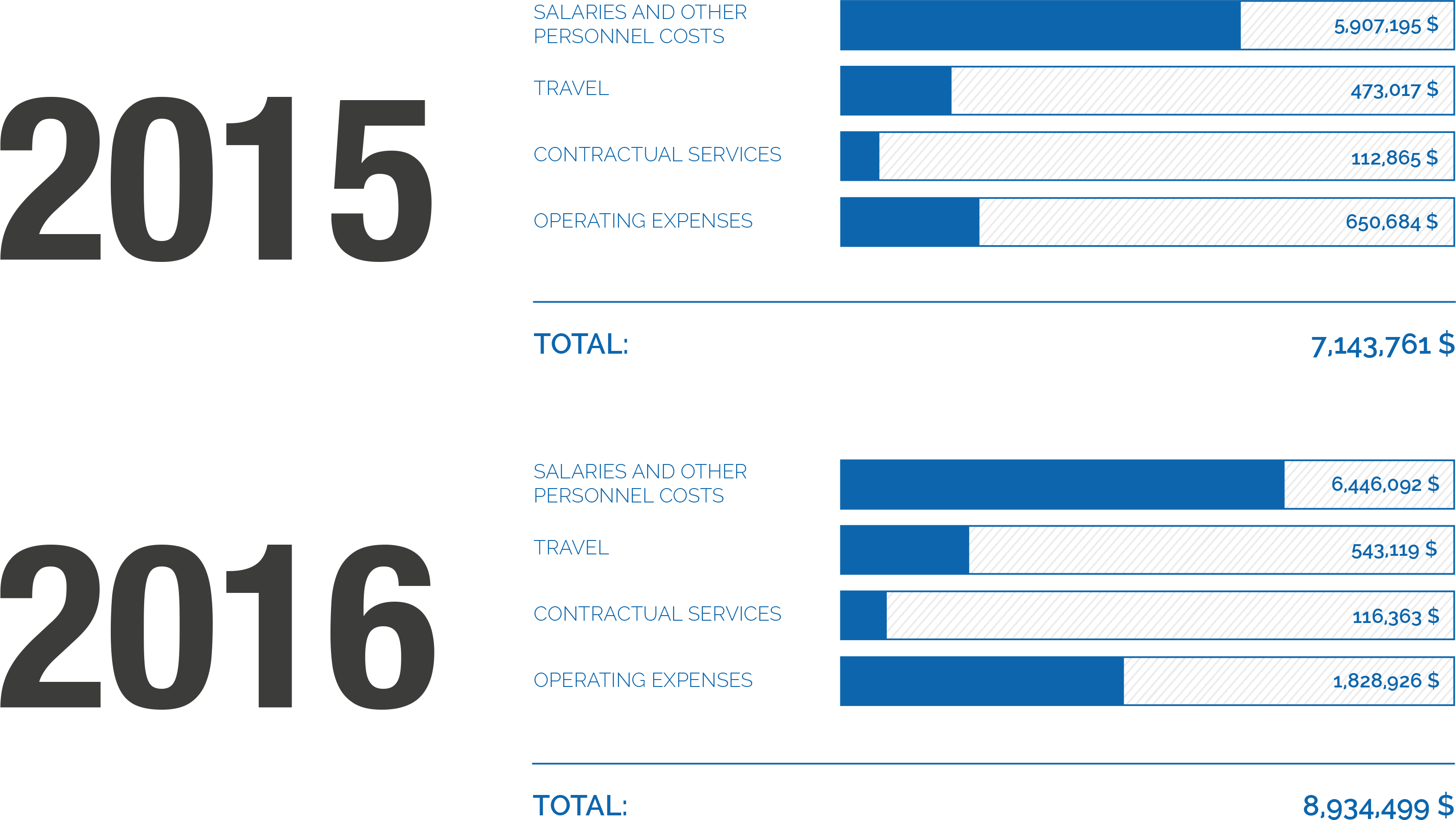
Total funding by source for 2016
(expressed in US dollars)
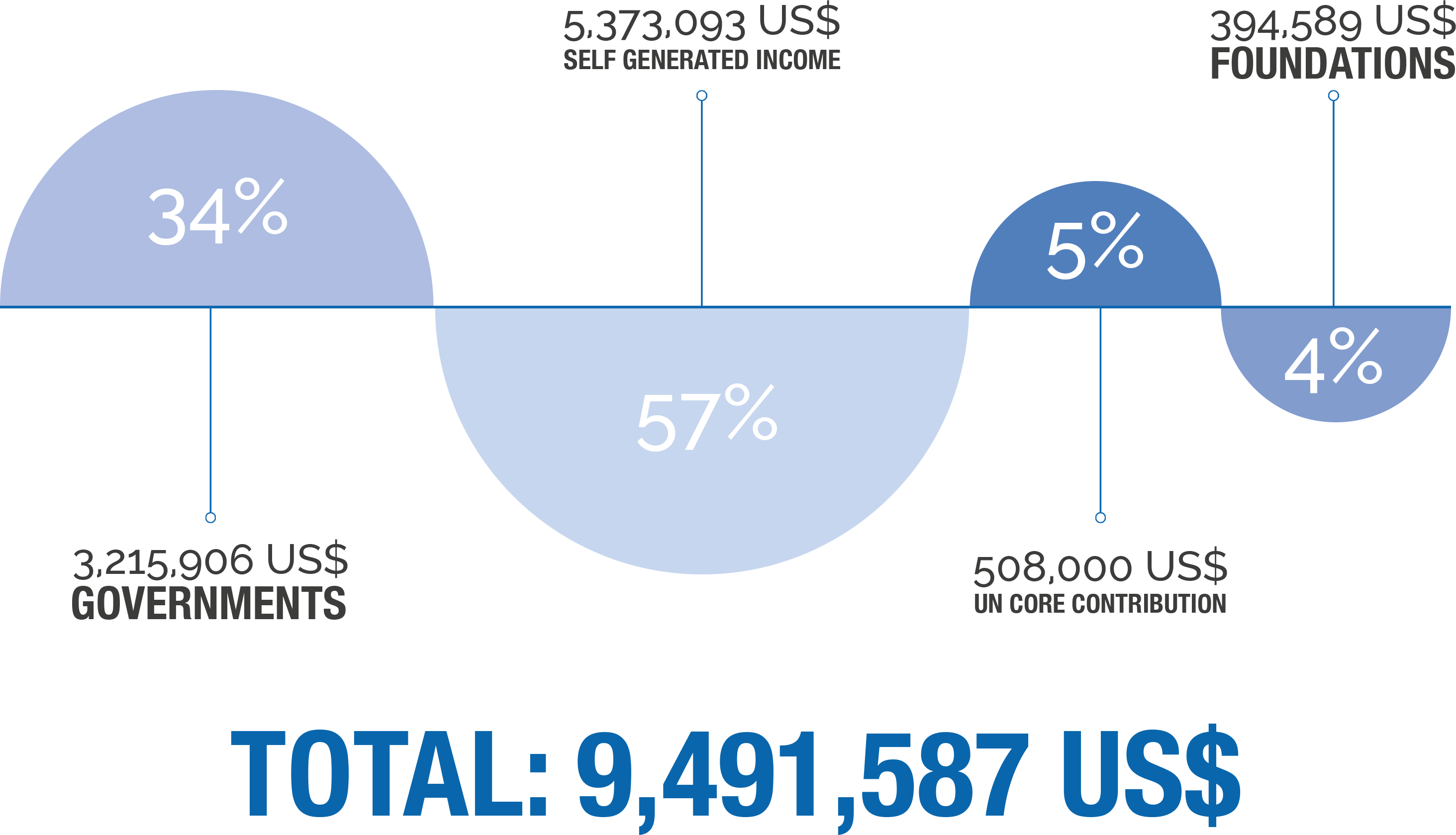
Core contributions from
UN agencies 2016
(expressed in US dollars)
Statement of
financial
position
(thousand of United States dollars)
| 31/12/2016 | 31/12/2015 |
|---|
| Current assets | ||
|---|---|---|
| Cash and cash equivalents | 2,949 | 3,870 |
| Investments | 7,285 | 7,000 |
| Assessed contributions receivable | - | - |
| Voluntary contributions receivable | 204 | 469 |
| Other receivables | 921 | 954 |
| Advance transfers | 67 | 87 |
| Inventories | - | - |
| Other assets | 2,735 | 1,014 |
| Total current assets | 14,161 | 13,394 |
| Non - current assets | ||
|---|---|---|
| Investments | - | - |
| Advance transfers | - | - |
| Property, plant and equipment | 38 | 30 |
| Intangibles | - | - |
| Other assets | - | - |
| Total non - current assets | 38 | 30 |
| Total assets | 14,199 | 13,424 |
| Current liabilities | ||
|---|---|---|
| Accounts payable and accrued payables | 101 | 2 |
| Employee benefit liabilities | 61 | 76 |
| Advance receipts | 656 | 1,031 |
| Other liabilities | - | - |
| Total current liabilities | 818 | 1,109 |
| Non - current liabilities | ||
|---|---|---|
| Employee benefit liabilities | 6,267 | 5,963 |
| Other liabilities | - | - |
| Total non - current liabilities | 6,267 | 5,963 |
| Total liabilities | 7,085 | 7,072 |
| Net assets | ||
|---|---|---|
| Accumulated surplus | 7,114 | 6,352 |
| Total net assets | 7,114 | 6,352 |
| Total liabilities and net assets | 14,199 | 13,424 |
Our governance












The Director of the UNSSC reports to the Board of Governors on an annual basis. The UNSSC Board of Governors is composed of nine UN representatives selected by the UN Chief Executives Board (CEB) and appointed by the UN Secretary-General.
Chair of the Board
Edmon Mulet
UN Chef de Cabinet
Executive Office of the Secretary-General
Members
Janice Dunn Lee
Deputy Director-General and Head of the Department of Management, IAEA
Getachew Engida
Deputy Director-General, UNESCO
Tegegnework Gettu
Associate Administrator, UNDP
Navid Hanif
Director Office of ECOSOC Support and Coordination, UNDESA
Elliot Harris
Assistant Secretary-General and Head of the New York Office, UNEP
Manoj Juneja
Assistant Executive Director and Chief Financial Officer, WFP
Jane Stewart
ILO Special Representative to the United Nations and Vice-Chair of the HLCP, ILO
Carole Wainaina
Assistant Secretary-General for Human Resources Management, OHRM
Ex-officio Members
Jafar Javan
Director, UNSSC
Nikhil Seth
Executive Director, UNITAR
Simona Petrova
Acting Secretary and Director, CEB
Our added
value
Geared towards the transformative 2030 Agenda
Through our learning and knowledge products, we support UN staff and other relevant stakeholders in identifying innovative approaches to deliver on the requirements of a universal, more integrated and holistic 2030 Agenda.
Truly inter-agency
We bring together UN staff from across the system in a truly inter-agency spirit to learn from each other, exchange views on common issues, and build networks to continue learning beyond the classroom.
UN-specific
We are part of the UN family, so we know what it means to work in the United Nations - be it in the field or at headquarters, in the middle-income countries, in programmes or in operations, in entrylevel or management positions.
Accessible
We offer residential courses in state-of-the-art facilities on the UN Campuses in Turin, Italy and Bonn, Germany. We also deliver training in over 50 countries each year, thanks to our mobile team of trainers.
Delivered directly at desk
Our distance learning courses combine self-paced online learning with live sessions with the course instructor and participants from across the UN system and beyond. UN staff, as well as partners can learn how they want, when they want, and still benefit from an interactive experience.
Relevant to daily UN work
We blend external expertise with practical UN experience. Courses feature subject-matter expert solutions, think thanks, the private sector and civil society, as well as experienced UN practitioners.
Tailor-made
We design and deliver customized learning programmes on-demand to meet the specific needs of organizations, departments, peace operations, or inter-agency groups.

Geared towards the
transformative 2030 Agenda

tailor-made

relevant to daily UN work

delivered directly at desk

accessibile

UN-specific

truly inter-agency
Our areas of expertise
The Staff College delivers open enrolment courses and learning events both face-to-face and
at a distance in many areas which are crucial for UN staff. These include:





Who we are
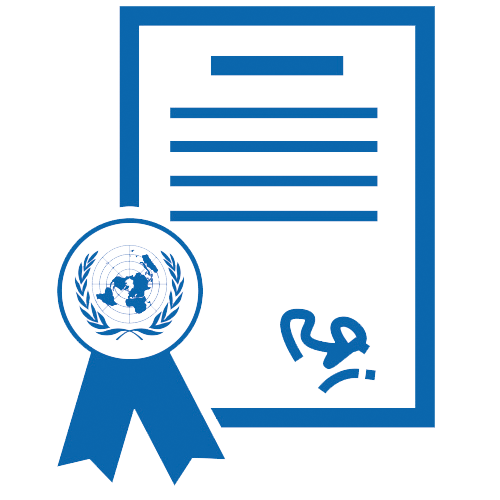
The UNSSC was established on 1 January 2002, by th United Nations General Assembly’s Resolution A/RES/55/278.
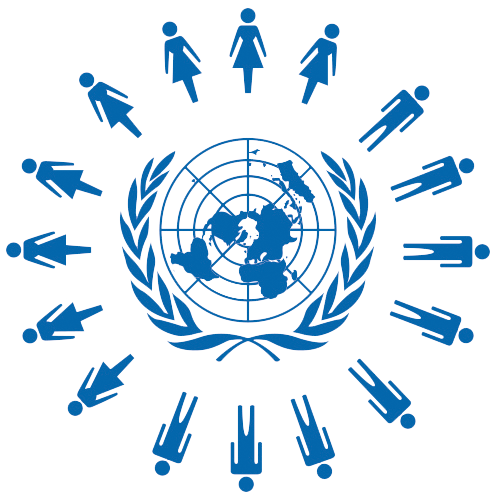
To serve as a system-wide knowledge management and learning institution, with a view to fostering a cohesive management culture across the United Nations system.

To provide the skills and knowledge to empower the most valuable resource of the UN system: our people.

To contribute to a more effective, results-oriented and agile United Nations through learning, training and knowledge dissemination.
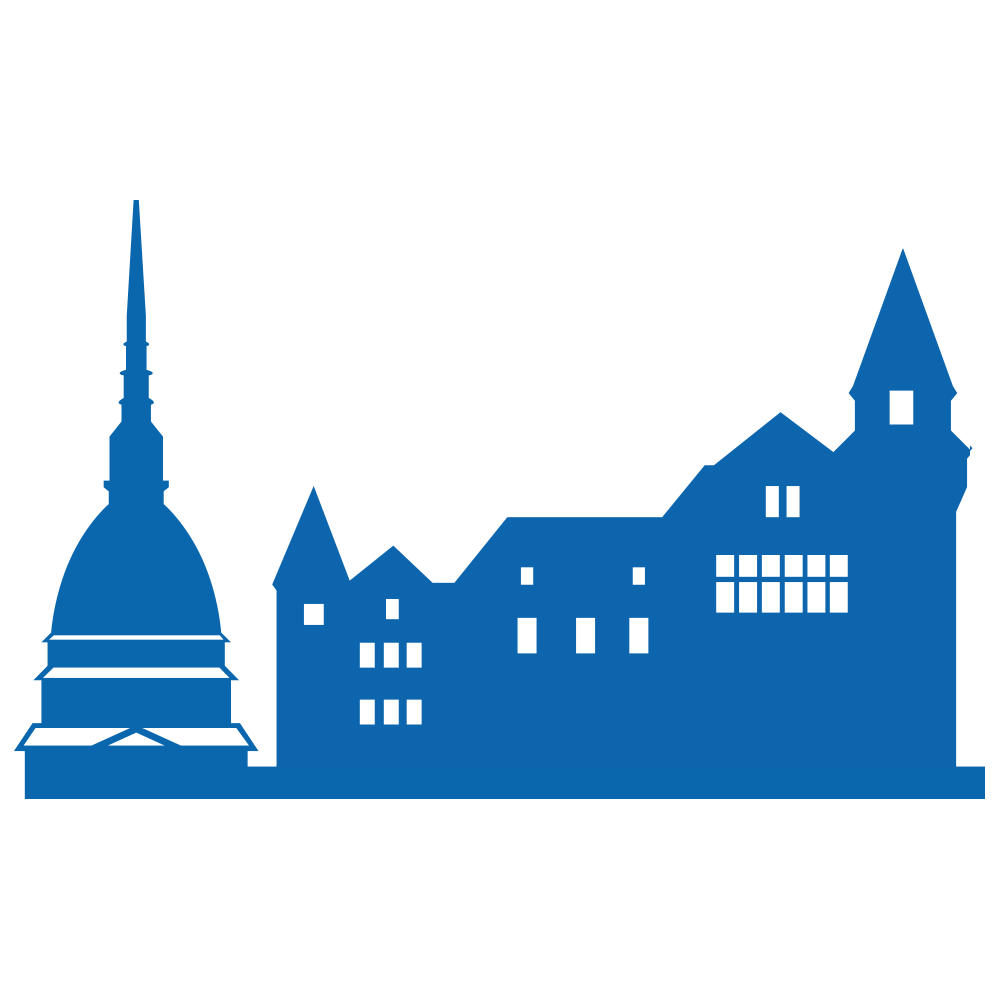
The UNSSC is based in Turin, Italy and, since 2016, it has opened the Centre for Sustainable Development in Bonn, Germany.

The UNSSC has 39 staff members, 69% directly engaged in learning and training activities.

Every year, we offer approximately 100 learning events, benefiting over 8,000 UN staff and partners on average.
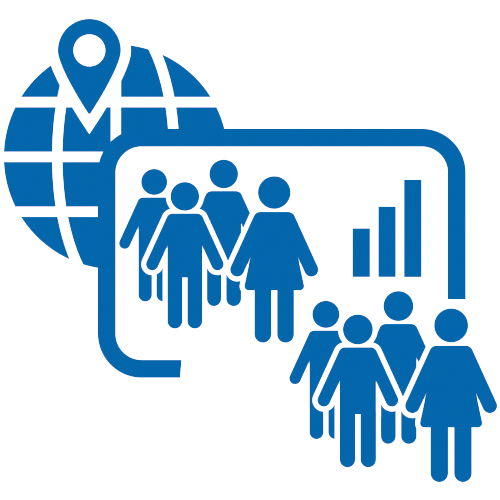
Residential courses on the UN campuses, e-learning opportunities, as well as “at the door” training in some 60 countries annully.

Helping the diverse staff of the UN system and other partners to learn together, share experiences, and formulate joint solutions to the challenges facing the UN.
known for
Our special thanks go to
